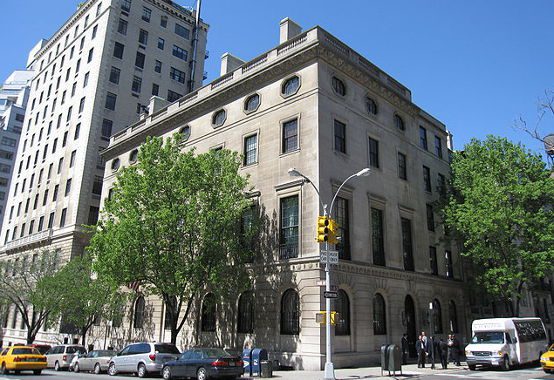The Foreign Policy Establishment Loves Trump’s ‘Do Somethingism’

The opening of this Ed Luce column is very damning for the U.S. foreign policy establishment:
Every now and then the US establishment gives Donald Trump a surprise ovation. Mr Trump’s missile attack on Syria’s regime in early 2017 was the first instance. His all-measures-short-of-war declaration against Venezuela’s Nicolás Maduro on Wednesday is the latest.
Each showed Mr Trump as capable of adopting a traditional US foreign policy stance.
The “traditional” stances in question were ordering an illegal military attack on a government that posed no threat to us and seeking to topple another government that poses no threat to us. I don’t think Luce means the pairing of these two decisions as a criticism of our foreign policy establishment, but it is. Trump receives “ovations” from this establishment when he does the things they approve of, and evidently many of them still approve of illegal warfare and regime change after all of the horrors these have unleashed in other countries. Trump’s decisions to attack the Syrian government in 2017 and again in 2018 and his interference in Venezuela’s political crisis are good examples of his foreign policy at its worst: unauthorized, unnecessary military action carried out on presidential whim, and an effort to overthrow the government of a regional neighbor. None of these decisions had the slightest thing to do with U.S. security or vital American interests.
It speaks volumes about the priorities of the people giving Trump “ovations” that these are the things they choose to praise and celebrate, and it shows how divorced “traditional” foreign policy stances have become from genuine American interests. It also drives home that Trump is perhaps even more susceptible to demands that the U.S. “do something” in response to foreign crises and conflicts than other, less impulsive presidents would be. If this is what “puts him on the right side of Washington’s foreign policy community,” that is another reminder that this “community” has frequently erred at great cost to the U.S. and other parts of the world. Trump has been happy to capitalize on those errors for his own purposes, but he has shown no sign that he won’t make the same kinds of errors for his own reasons. When Trump and the foreign policy establishment see eye to eye on something, that is a warning that the policy in question is profoundly flawed in some way.
Comments